Speaking at the Davos, former U.S. Secretary of State and National Security Adviser Henry Kissinger counseled Ukraine to cede Russia territory in order to end the war. “Ideally, the dividing line should be a return to the status quo ante,” he said last month. “Pursuing the war beyond that point would not be about the freedom of Ukraine, but a new war against Russia itself.” Make no mistake: Kissinger is wrong. Rather than bring peace, his advice would spark future conflict by teaching Russia that aggression brings rewards. Kissinger’s remarks did not come from nowhere, however. He has spent more than two decades excusing Moscow’s abuse of its neighbors while forging a personal friendship with Vladimir Putin.
Kissinger has long been the prince of so-called “realism.” For decades before his secret 1971 visit, Communist China was an international pariah. Kissinger brokered rapprochement, however, to make common cause against the Soviet Union. He later argued China was simply the lesser of two evils. “The difference between [China] and the Russians is,” he quipped, “if you drop some loose change, when you go to pick it up, the Russians will step on your fingers and the Chinese won’t.”
After the Cold War, Kissinger began to advocate a far softer line toward the Russians. More than two decades ago, Kissinger said, “I believed that the Soviet Union should not abandon Eastern Europe so quickly.” Russian President Vladimir Putin seized upon the comment as intellectual sustenance. The two men then met regularly. Kissinger, who called Putin a “great patriot,” hosted the Russian leader at his house in New York for dinner. Putin reciprocated and flattered Kissinger for his knowledge of Russian culture and made him honorary professor of the Diplomatic Academy of Russia.
For Putin, Kissinger became a useful tool given the esteem with which so many in Washington held the former secretary. Before Russia’s invasion of Georgia, Kissinger characterized the Kremlin’s foreign policy under Putin “as driven in a quest for a reliable strategic partner, with America being the preferred choice” and urged America to “show greater sensitivity to Russian complexities.” When Putin invaded the former Soviet Republic in August 2008, Kissinger dismissed it as a “crisis,” not a war, and advised that “isolating Russia is not a sustainable long-range policy.” Kissinger’s trust in Putin appears to have colored President Barack Obama’s embrace of a “reset” with Russia that, in turn, allowed Russia to act with impunity and obscured the threat Putin posed.
In 2014, as Russia began its encroachment on Ukraine, Kissinger advised that “to Russia, Ukraine can never be just a foreign country.” The United States should be more deferential to Putin’s point of view, he warned, and “avoid treating Russia as an aberrant to be patiently taught rules of conduct established by Washington.” In effect, compromise with the Kremlin trumped the post-World War II European order, based on prohibiting armed aggression against sovereign neighbors.
Unfortunately, accommodating aggressive dictatorships is a staple of Kissinger’s wisdom. While he often warns about the dangers of a nuclear Iran, his policy prescriptions often undercut pressure on Tehran. In 2006, less than five years after George W. Bush labeled Iran as part of an “Axis of Evil,” Kissinger turned repeatedly to the Washington Post to urge compromise. Two years later, he suggested Washington could do business with Tehran. Iran’s state-controlled press headlined counsel that the Bush administration “should be prepared to negotiate about Iran.” Here, too, his soft spot for Russia undercut his analysis. He repeatedly argued, for example, that Russia would be America’s ally against Iran’s nuclearization. In reality, the Kremlin has been among its greatest facilitators.
If Kissinger undermined pressure against Iran’s leaders, his lackadaisical attitude toward China’s rise has been even more bizarre. A half-century ago, he ingratiated himself to Chinese Premier Zhou Enlai by badmouthing Indian Prime Minister Indira Gandhi, leader of the world’s most populous democracy. To this day, Indians resent how he threw them under the bus less than a decade after China’s land grabs in Kashmir and Ladakh. Zhou, meanwhile, cultivated friends to be unwitting intelligence assets and agents of influence. As the Spectator observed in its exposé of Kissinger’s subsequent relationship with China, “The best agents … are the ones who don’t know they are agents.”
Kissinger’s friendship with China was multifaceted and profitable. Five years after leaving Foggy Bottom, Kissinger formed Kissinger Associates in part to facilitate the entrance of American business into China. He gathered top diplomats and national security officials and used his and their collective influence among the foreign policy and business elite—especially those who aspired a share of the China gold rush—to launder the Communist regime’s image. This was crucial in the aftermath of the 1989 Tiananmen Square pro-democracy uprising that China crushed. For a short time, there was bipartisan recognition of the threat an authoritarian China prosed. Behind the scenes, though, Kissinger urged George H.W. Bush to mute his response, avoid sanctions, and cease efforts to isolate China. Soon, American investment resumed.
Kissinger is not the first statesman to make moral compromises after leaving office. Former German Chancellor Gerhard Schröder famously joined Gazprom, the Russian energy firm, after leaving office, not only cashing in on his former office but also using his stature to downplay concerns about the Kremlin’s intentions. Kissinger might have served honorably, but it is time that Americans who prioritize democracy and liberalism ask whether Kissinger has effectively become the American Schröder.
Ivana Stradner is an adviser at the Foundation for Defense of Democracies. Michael Rubin is a senior fellow at the American Enterprise Institute.
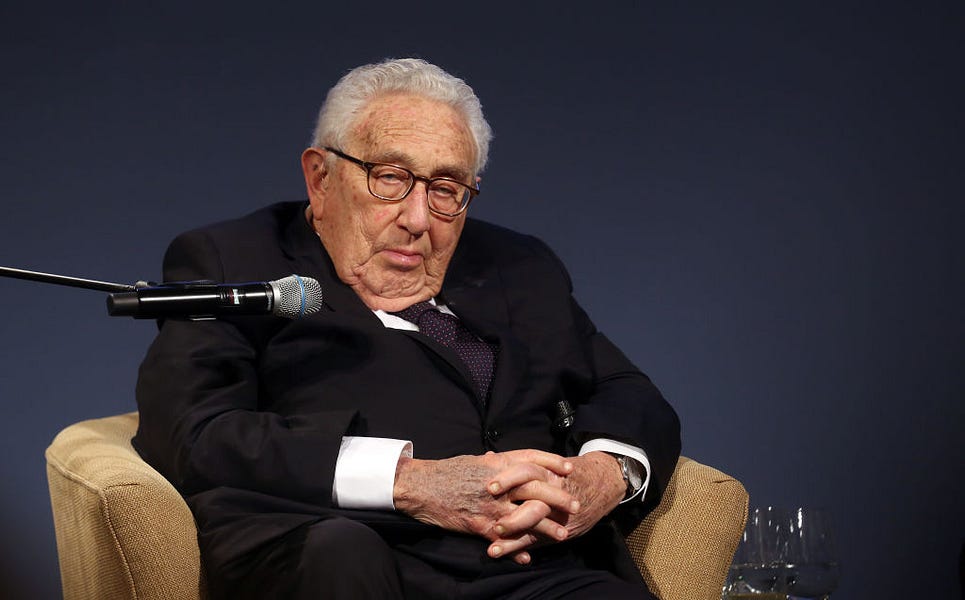
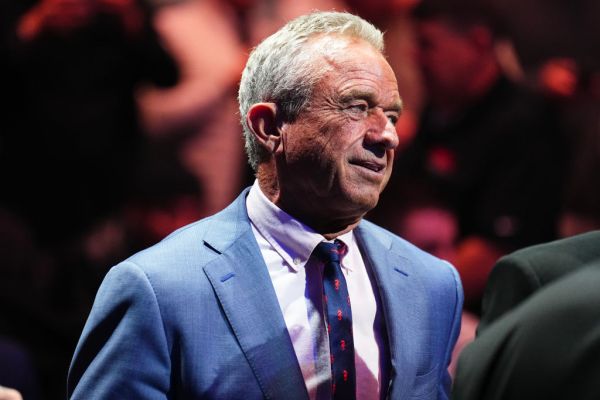
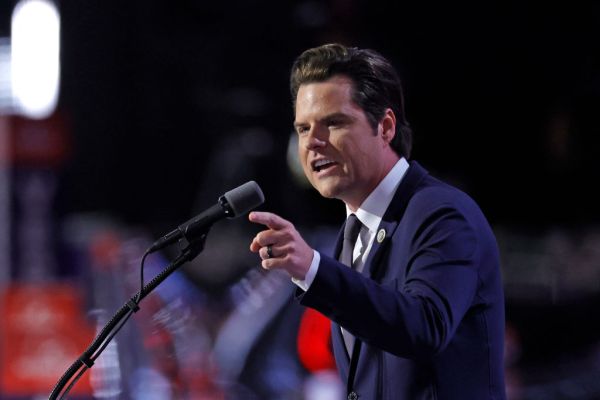
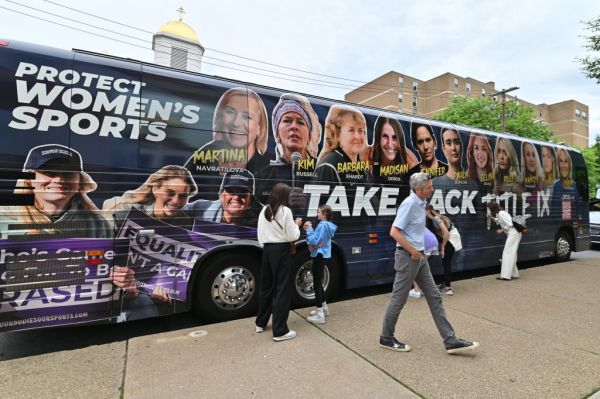
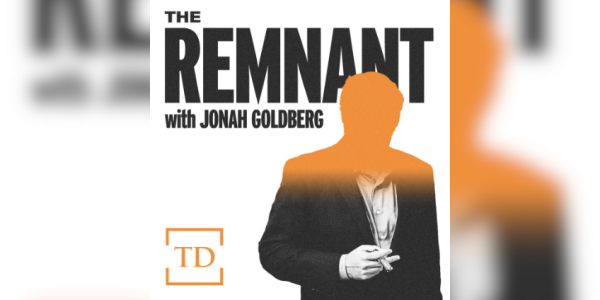
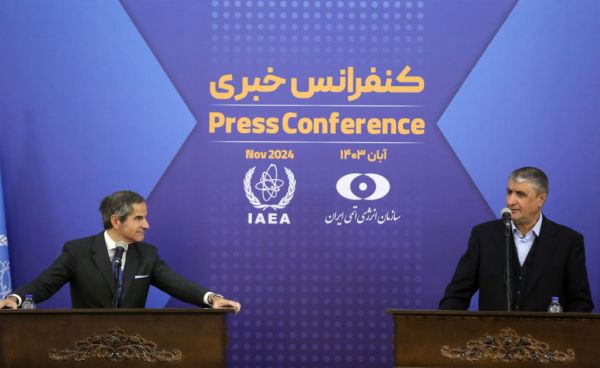
Please note that we at The Dispatch hold ourselves, our work, and our commenters to a higher standard than other places on the internet. We welcome comments that foster genuine debate or discussion—including comments critical of us or our work—but responses that include ad hominem attacks on fellow Dispatch members or are intended to stoke fear and anger may be moderated.
You are currently using a limited time guest pass and do not have access to commenting. Consider subscribing to join the conversation.
With your membership, you only have the ability to comment on The Morning Dispatch articles. Consider upgrading to join the conversation everywhere.